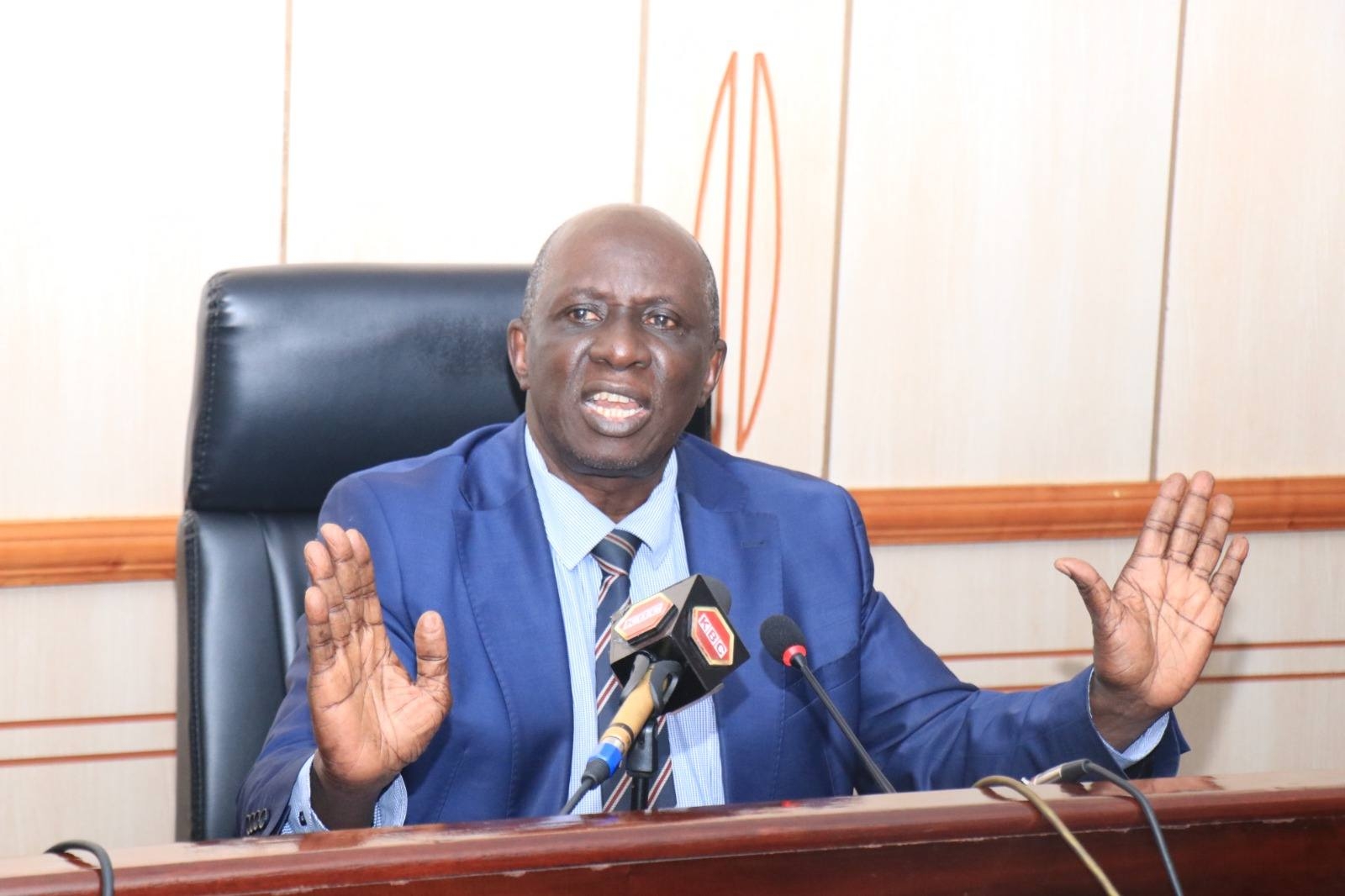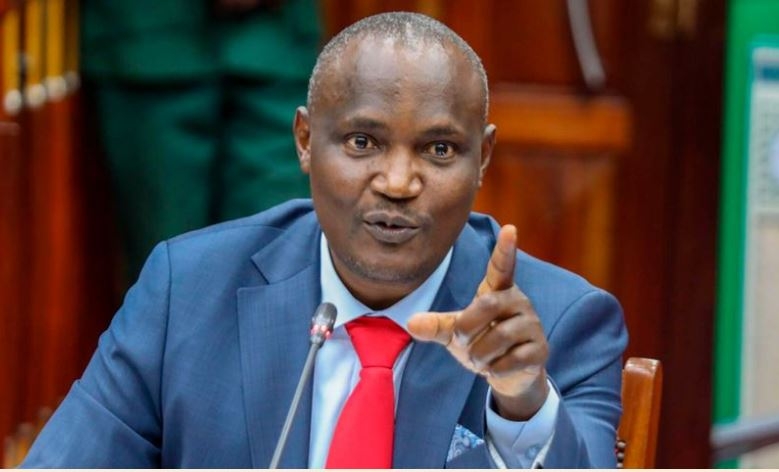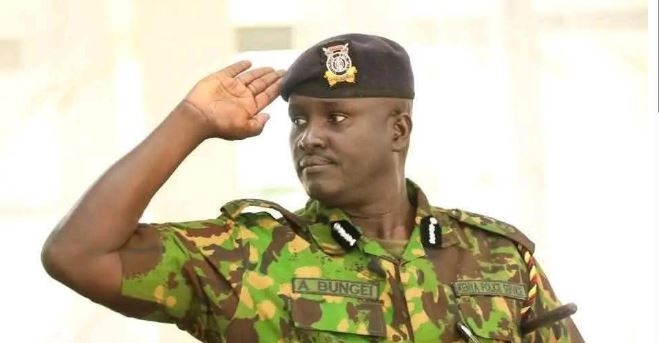National sprints coach Stephen Mwaniki attributes the struggles of Kenyan female sprinters to their shift towards middle-distance races.
Currently, Kenya will have no female sprinters at the Paris Olympics while the men's side will see Ferdinand Omanyala (100m), Zablon Ekwam (400m), and Wiseman Were (400m hurdles) competing.
Mwaniki explained that the frequent shifts hamper the growth of female sprinting talent.
"We have talented female sprinters but many switch to the middle distances after failing to break through in sprints. Sprint races are a very demanding event and require discipline and patience," he said.
Hellen Syombua was the last female sprinter to represent Kenya and competed in the 400m at the Tokyo 2020 Olympics. She, however, failed to advance past the heats after clocking 52.70 seconds.
Joy Sakari is the only female athlete to have reached the semifinal of an Olympic sprint event in London 2012, where she failed to proceed to the finals after placing eighth (52.95) in the 400m semifinal.
Kenya hasn’t had a female representative in the 100m and 200m since Joyce Odhiambo in 1988, who failed to advance past the heats.
Mwaniki cited a lack of competitive exposure and proper representation as major issues.
“Our female sprinters lack the exposure. They do so well locally but without the opportunity to go outside and compete against the rest of Africa and the World, they will not get the necessary experience,” Mwaniki revealed.
"They also lack agents to find them races and build their competitive edge. Male athletes like Omanyala and Mark Otieno have agents who find them races in Europe. Our female athletes lack that," he added.
He highlighted young talents like Esther Mbagari and Rukia Nusra as future stars who need to be nurtured and prepared to fly the nation’s flag in the future.
“We have very young talented female athletes who have the capacity to fly the nation’s flag on the international stage,” he revealed.
Mbagari is a four-time national champion, winning the 100m in 2023 (11.68s) and 2024 (11.77s), and the 200m in 2023 and 2024 (both 23.63s).
Nusra holds the national record in the 100m hurdles with 13.67 seconds set last month during the Olympic trials at the Nyayo stadium.
“The federation needs to strategise and come up with a marshal plan to ensure these two get all the necessary support they need. We need to look ahead to the 2028 Olympics in Los Angeles,” Mwaniki stated.
Mwaniki pointed out that improved infrastructure, especially in low-altitude areas is one way to nurture talent before the Los Angeles Games.
"We need good facilities to nurture talent. The upgraded Mbaraki Sports Club in the Coastal region, with its state-of-the-art track, is a vital step. More organisations and counties need to step up and build simple training tracks," he remarked.
He called on the government and the National Olympics Committee (NOC-K) to provide more support for the female sprinters.
"NOC-K and the government should step in to ensure our female sprinters get the necessary backing to ensure more of them qualify for the next Olympics as well as the 2025 World Championships," he added.












